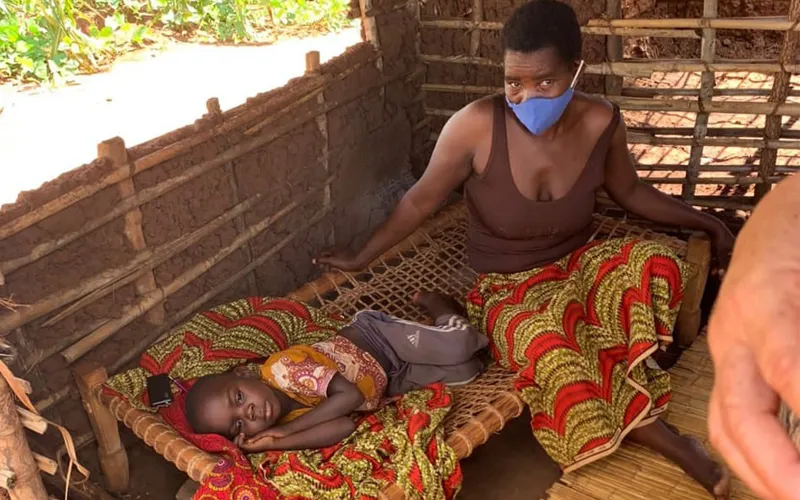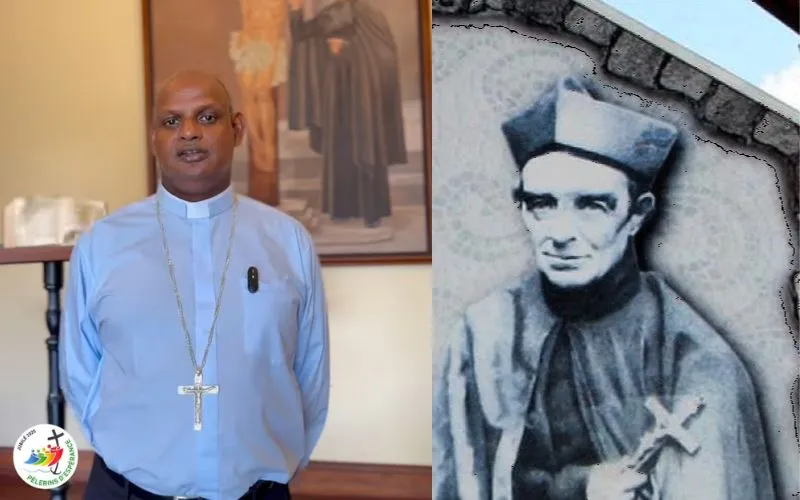Pemba, 07 May, 2021 / 8:20 pm (ACI Africa).
Plans are underway to construct houses for victims of terror attacks in Northern Mozambique who are currently being hosted by the Catholic Archdiocese of Nampula in the Southern African country.
An official of Denis Hurley Peace Institute (DHPI) of the Southern Africa Catholic Bishops Conference (SACBC) told ACI Africa that most materials required for the construction of the 200 houses have already been purchased and that the construction will kick off this month.
“In one or two weeks, we should already start building the 200 houses for the thousands of people who are being hosted by the Archdiocese. At the moment, they are living in tents,” the DHPI official who preferred to remain anonymous “for her own security” said in the Friday, May 7 interview with ACI Africa.
The houses, the DHPI volunteer said, will be constructed in Corrane, one of the IDP shelters in Nampula that the Catholic Archdiocese is in charge of, in partnership with international organizations.
The housing project targets 200 families of about 3,170 people, most of them who recently fled from the March attack in Palma, a town under the jurisdiction of the Catholic Diocese of Pemba in the country’s North.








